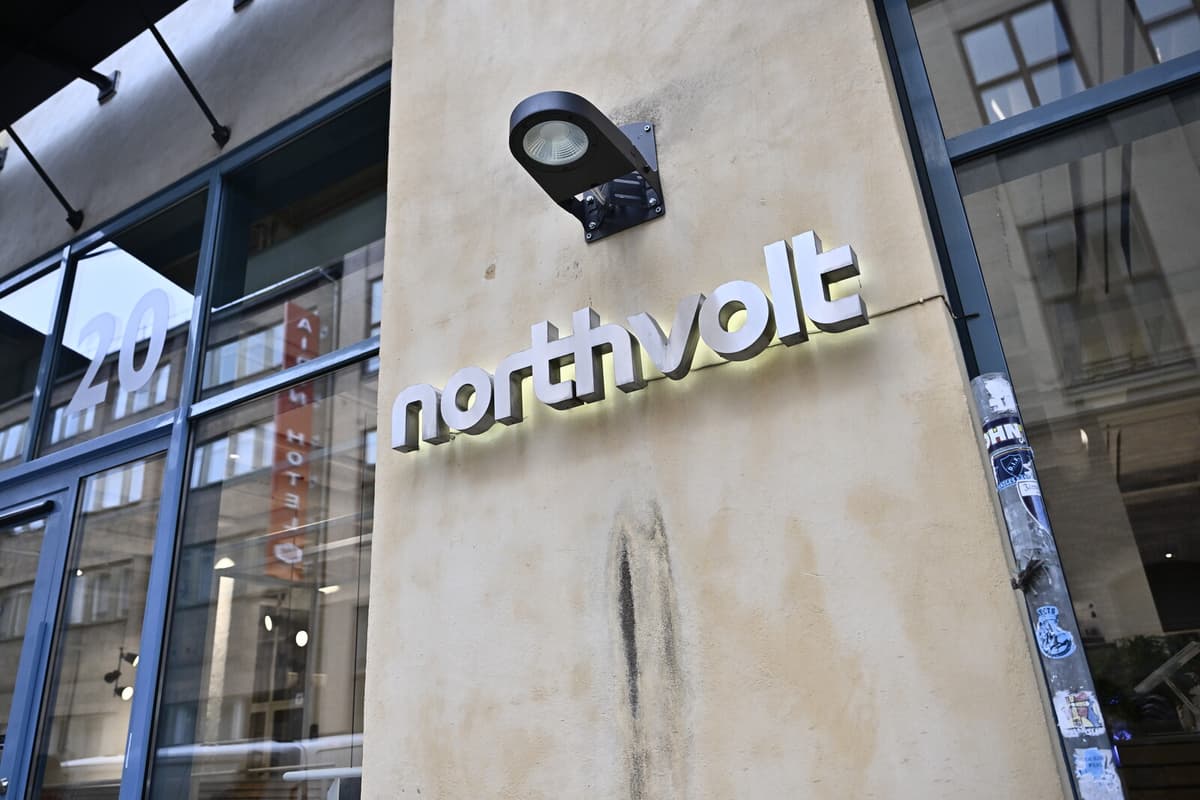The deal is valued at 50 billion kronor and means that Lyten will take over the factories in Skellefteå and Västerås as well as the planned German construction in Heide.
"This is a decisive moment for Lyten," says Dan Cook, CEO and co-founder of Lyten in the press release.
The purchase amount has not been disclosed, but the bankruptcy administrator Mikael Kubu tells Norran that it does not cover the debts. The deal is expected to be completed during the last quarter of the year and according to Lyten, production in Skellefteå and Västerås will resume immediately after the deal is completed.
Want to rehire
The purchase means that Lyten and Northvolt together can create "the right formula for meeting Europe's and North America's ambitions in battery manufacturing," says Lars Herlitz, chairman of the board and co-founder of Lyten.
Lyten, which is world-leading in lithium-sulfur batteries, states that the company plans to rehire "a significant part" of the previously laid-off staff, but also that they will evaluate the personnel needs at each individual facility.
"Lyten sees great value in retaining local expertise and is determined to create long-term employment opportunities as we resume and expand operations," they write.
Busch glad
"Lyten's acquisition of Northvolt's assets is a win for Sweden, for Northvolt's former employees, and for Sweden's position as a key player in Europe's energy independence," says Energy and Business Minister Ebba Busch in the press release.
Lyten purchased Northvolt's factory in California last year and earlier this summer the Polish operations in Gdansk.
Northvolt was declared bankrupt in March. Since then, negotiations about a deal have been ongoing with several foreign interested parties, said bankruptcy administrator Mikael Kubu to TT in July.
When battery manufacturer Northvolt was declared bankrupt in March - the largest bankruptcy in modern times in Sweden - there were almost 5,000 employees in the company, of which around 3,000 in the battery factory in Skellefteå.
This summer, the bankruptcy estate has reduced the total workforce in Skellefteå, Västerås, and Stockholm to around 160-170 short-term employees. Much of it is about handling environmentally hazardous materials in Skellefteå.






